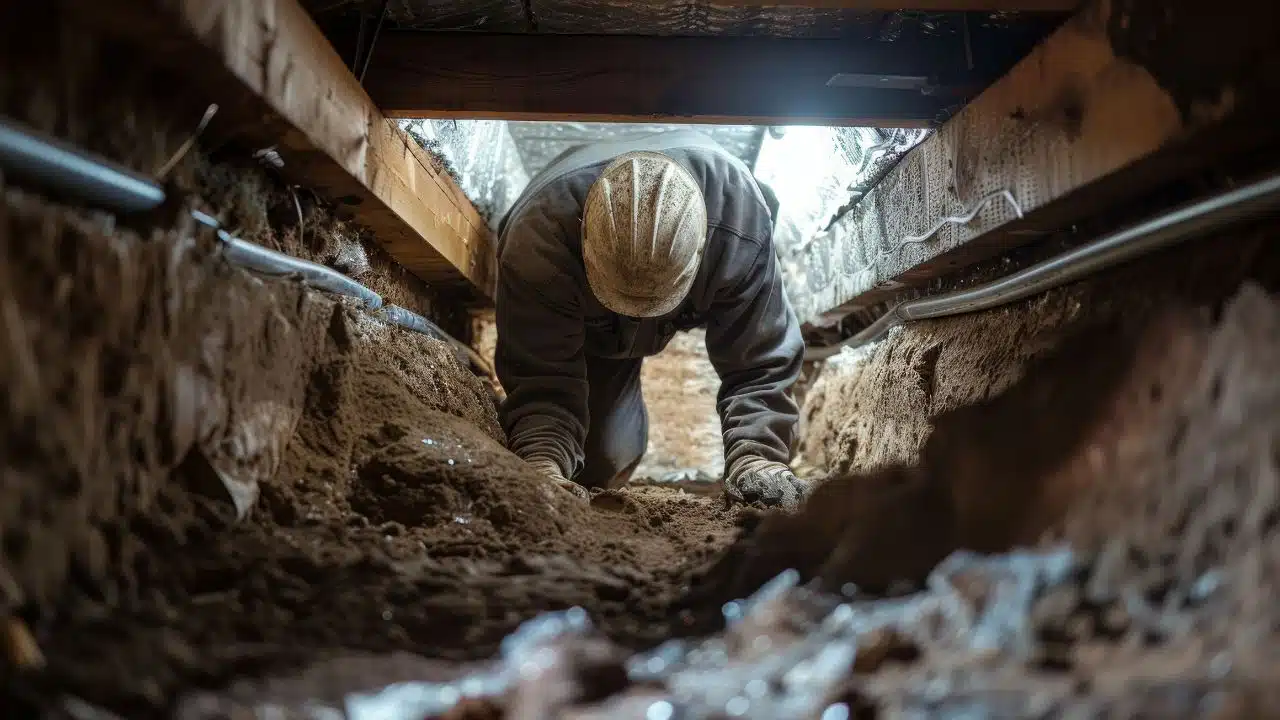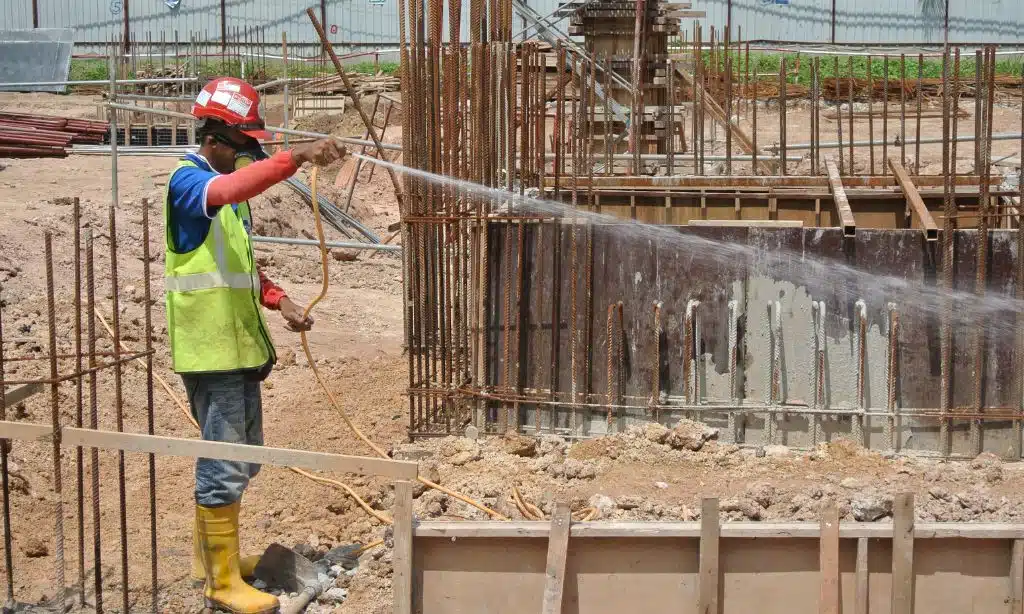Pest control services tend to get overlooked on construction sites. With so many tasks to manage, it’s easy to think of them as a secondary concern.
Nonetheless, pests can wreak havoc on a construction site, causing delays, health hazards, and even structural damage. That’s why it’s critical to stay on top of pest management in construction zones. This post dips into the different reasons why pest control should be a priority for any construction project. Read on.
To Protect Your Building Materials
Construction sites are a gold mine for pests. Whether it’s wood, insulation, or even concrete, pests will find ways to invade and destroy your materials. Termites, rodents, and ants can cause significant damage to your supplies, leading to costly repairs or replacements.
You can avoid this by implementing comprehensive construction site pest proofing from day one. Ensuring your materials are properly stored, inspecting them for signs of pests, and hiring pest control professionals to treat the area can help you keep your building supplies safe.
To Avoid Costly Project Delays
Pests can do more than damage materials; they can lead to project delays as well. If an infestation occurs, you’ll need to halt work while you address the problem. This downtime affects not only the timeline but also the budget, as labor and other costs keep adding up.
For instance, rodent infestations can lead to electrical system issues if they chew through wiring. This not only delays work but also creates safety hazards that hamper team productivity. In addition, dealing with an active infestation usually means calling in specialists, which can lead to significant downtime.
By incorporating pest control into your routine site maintenance, you’ll help prevent these issues before they start. Regular inspections and preventive treatments can keep pests from becoming a significant disruption.
To Uphold Safety
Your workers’ health and safety are paramount. Pests like rats, mosquitoes, and other insects can pose serious health risks on construction sites. Rats, for example, can carry diseases such as leptospirosis and hantavirus, while mosquitoes can spread viruses like malaria and dengue.
In addition, stings, bites, and allergic reactions are common when pests infest a site. In some cases, workers may require medical attention or be unable to continue working due to their condition.
By investing in pest control, you reduce the risk of these health hazards. You’ll create a safer environment for your workers and ensure they can focus on getting the job done without the added worry of dealing with pests.
To Maintain Your Public Image
Construction projects require teamwork and coordination between many parties, like contractors, suppliers, and future occupants. If your construction site is plagued by pests, it can negatively affect your reputation.
No one wants to deal with a contractor whose site is overrun with rodents or termites. Future occupants or property owners will also be wary of hiring you if they believe their building could face pest issues because of the poor management of your site.
A clean, well-maintained site is a reflection of your professionalism. By taking the necessary steps to control pests, you’ll show your clients, workers, and partners that you take every aspect of the job seriously.
To Protect The Future Building
Even after the construction is complete, pests can continue to cause problems. If an infestation starts during construction, there’s a high likelihood that pests will remain hidden within the building, causing trouble down the road.
Rodents may gnaw through drywall or wiring, while termites could silently destroy wooden structures. You may find yourself dealing with property owners facing expensive repairs, leading to potential legal issues and claims of negligence.
Pest control during construction helps safeguard the long-term health of the building. By addressing pest problems upfront, you reduce the likelihood of future issues, protecting your reputation and the value of the finished project.
To Comply With Regulations
Construction sites must adhere to various regulations, including health and safety codes. In many areas, pest control is a part of these regulations, and failure to comply could result in fines or delays.
Regular pest inspections are often mandatory, especially in certain industries like food service or healthcare construction. Ensuring that your site complies with local pest control regulations can help you avoid costly legal issues.
Partnering with a pest control professional who understands these regulations can save you time and stress. They’ll make sure your site meets the necessary standards, keeping your project moving forward without any unnecessary setbacks.
Final Words
Pest control is more than just an afterthought—it’s an essential part of keeping your construction project on track. By taking a proactive approach to pest management, you’ll protect your materials, ensure worker safety, prevent costly delays, and the like.
Don’t let pests be the reason your project falls behind or goes over budget. Avail pest control services for your construction project today.






































